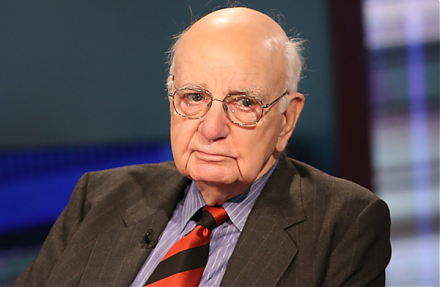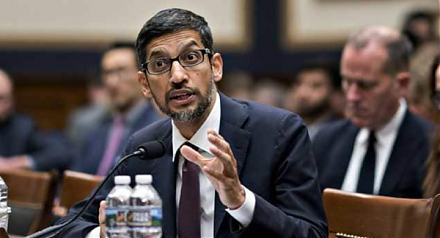

2019-04-09 11:29:00 Tue ET
federal reserve monetary policy treasury dollar employment inflation interest rate exchange rate macrofinance recession systemic risk economic growth central bank fomc greenback forward guidance euro capital global financial cycle credit cycle yield curve
The U.S. Treasury yield curve inverts for the first time since the Global Financial Crisis. The key term spread between the 10-year and 3-month U.S. Treasury yields dives below nil (i.e. the latter now exceeds the former by a positive increment). In response, Dow Jones tumbles 400 points as this brief yield curve inversion sparks recessionary concerns.
Treasury yield curve inversions have indeed preceded all of the 7 U.S. recessions since the 1970s. From a fundamental perspective, these key yield curve inversions reflect the pervasive fear that firms become reluctant to raise debt to fund positive net-present-value capital investment projects when households tend to fixate on near-term consumption with minimal leverage for longer-run investments in stocks, bonds, and real estate properties.
A flat or negative yield curve suggests that investors prefer to keep their money in short-term bonds as longer-term bonds exhibit greater reinvestment risk.
Whether the current yield curve inversion portends an economic recession in the next few years depends on the eventual resolution of economic policy uncertainty around Sino-American trade compromises, fiscal budget negotiations, and Federal Reserve interest rate adjustments from 2019 to 2020. This inversion may signal a stark sign of major economic events from a typically emphatic bellwether.
If any of our AYA Analytica financial health memos (FHM), blog posts, ebooks, newsletters, and notifications etc, or any other form of online content curation, involves potential copyright concerns, please feel free to contact us at service@ayafintech.network so that we can remove relevant content in response to any such request within a reasonable time frame.
2019-08-18 11:33:00 Sunday ET

House Judiciary Committee summons senior executive reps of the tech titans to assess online platforms and their market power. These companies are Facebook,
2022-11-30 09:26:00 Wednesday ET

Climate change and ESG woke capitalism In recent times, the Biden administration has signed into law a $375 billion program to better balance the economi
2018-10-23 12:36:00 Tuesday ET

Former Fed Chair Paul Volcker releases his memoir, talks about American public governance, and worries about plutocracy in America. Volcker suggests that pu
2019-11-13 11:34:00 Wednesday ET

The new Brexit deal can boost British pound appreciation and economic optimism. British prime minister Boris Johnson wins the parliamentary vote on his new
2018-11-19 09:38:00 Monday ET

The Trump administration mulls over antitrust actions against Amazon, Facebook, and Google. President Trump indicates that the $5 billion fine against Googl
2018-12-15 14:38:00 Saturday ET

Google CEO Sundar Pichai makes his debut testimony before Congress. The post-mid-term-election House Judiciary Committee bombards Pichai with key questions